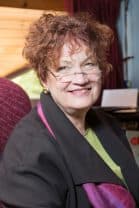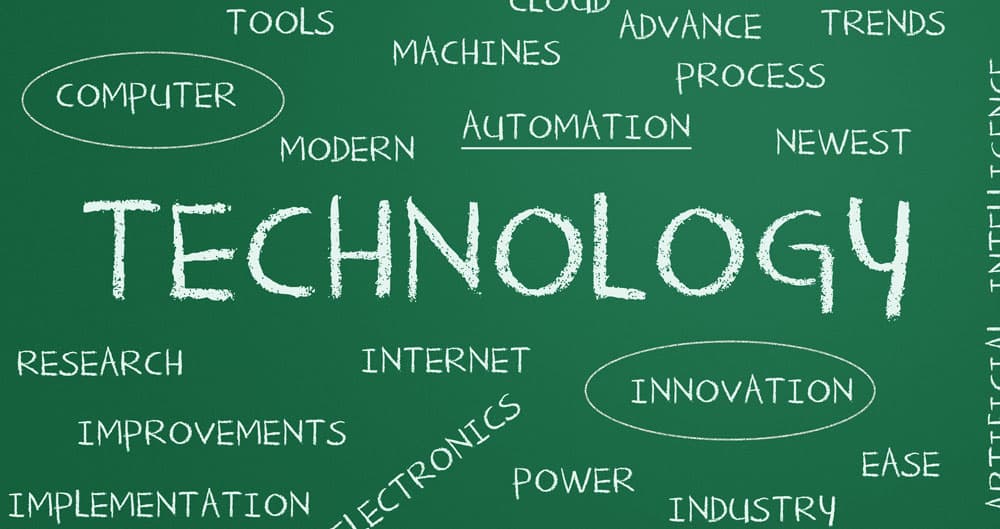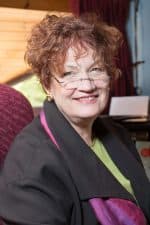Ireland is at the forefront of so much technology now, but how does tech fare when directly related to education? The CEO and Co-founder of DoctoralNet, Dr E. Alana James, takes us through how higher education is changing with technology.

Dr E. Alana James
You might be among the majority who see university education as slow to change. And why not, if all you see is the campuses of the long-established universities in Europe. A first impression may be more of moving back in time rather than forward into innovation, but that is by no means the whole story. DoctoralNet Ltd, like many others, is a recognised thought leader in the relatively new landscape of ways in which technology is changing the delivery of education at the university level and so is fortunate enough to view some of these remarkable stories first hand. This is not a landscape for the faint of heart as creating change is pushing uphill, but huge progress is being made. Ireland is known around the world for innovation in education, and the story continues.
Readers may be aware of MOOCs, Massive Open Online Courses, attended by people all over the world to advance learning. A growing movement where 78 million people participated in 2017 in one or more of the 9,400 MOOCs offered by more than 800 universities around the world. Dublin City University stands out as a leader in this digital space through the leadership of Mark Brown and the National Centre for Digital Learning. At the end of January, DCU launched an Irish Language MOOC with over 8,000 students of all ages attending. A product of the Ideas Lab san Institiúid Náisiúnta um Fhoghlaim Dhigiteach in Ollscoil Chathair Bhaile Átha Cliath, the MOOC attracted learners from 120 countries and as mature as 79 years old.
The Glasnevin campus has seen changes in postgraduate education due to technology as well. Three years ago, they decided to test taking extra supports in academic writing, critical thinking, even wellness – support online and on demand. A nursing student graduating this coming year reports, “I especially enjoy the interaction and connecting with the wider community of researchers. I hate missing a session but am so relieved that I can catch up later. I also listen back to previous videos to keep myself focused and motivated. Wonderful stuff! Your lively, upbeat manner makes it all seem so possible. Thank you for creating hope.”
Both inside and outside of Ireland universities are experimenting with handheld and mobile computing, earning badges before degrees, game-based learning and virtual reality. Technology is changing all parts of the university experience, from the way students are reached during recruiting, how they fill out their forms when enrolling, and once on campus (or not) how assessments are conducted and the way they sign on and access resources in the library 24/7. Open educational resources are helping to take this level of robust resource to the underserved parts of the world. All these are in line with UNESCO guidelines aimed at helping the world’s populations move from exclusion to empowerment, a set of values always held by the Irish as well.
These efforts are not without cost as change is never easy. Many faculty members were trained and began working before technology became part of daily life, so are finding that they need to retrain in new delivery systems just to keep up. Technology progresses so fast that tools of a few years ago may already seem out of date. One Ontario provider points out the new skills demanded by university faculty including a greater understanding of how students learn, how to produce educational resources, use technology, collaborate around the world, complete their own research and stay open and flexible to still more change as we know it will continue to develop.
No longer can we assume we understand education just because we went to school. This author, for one, celebrates that Ireland has so many top educators to carry the changes forward.
Dr E. Alana James is CEO and Co-founder of DoctoralNet Ltd based in Kinsale, Co. Cork, an Irish firm selling subscription access to online postgraduate technology enhanced learning platforms to universities and institutes of technology. DoctoralNet is a finalist under the Online Activity of the Year category at the inaugural Irish SME Business Awards taking place on 6 March.






